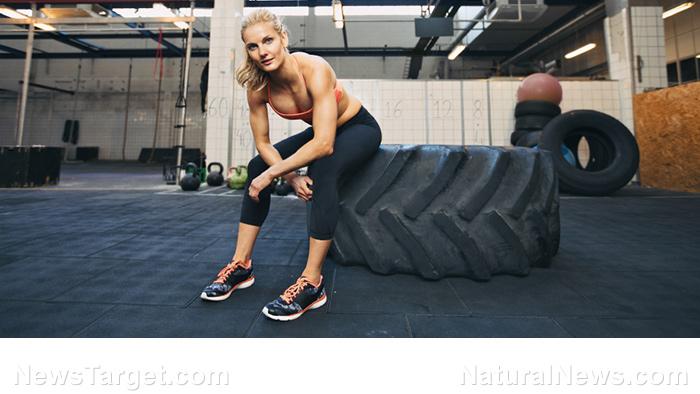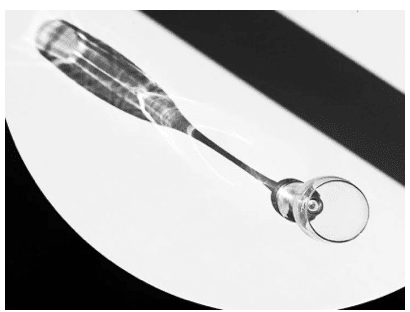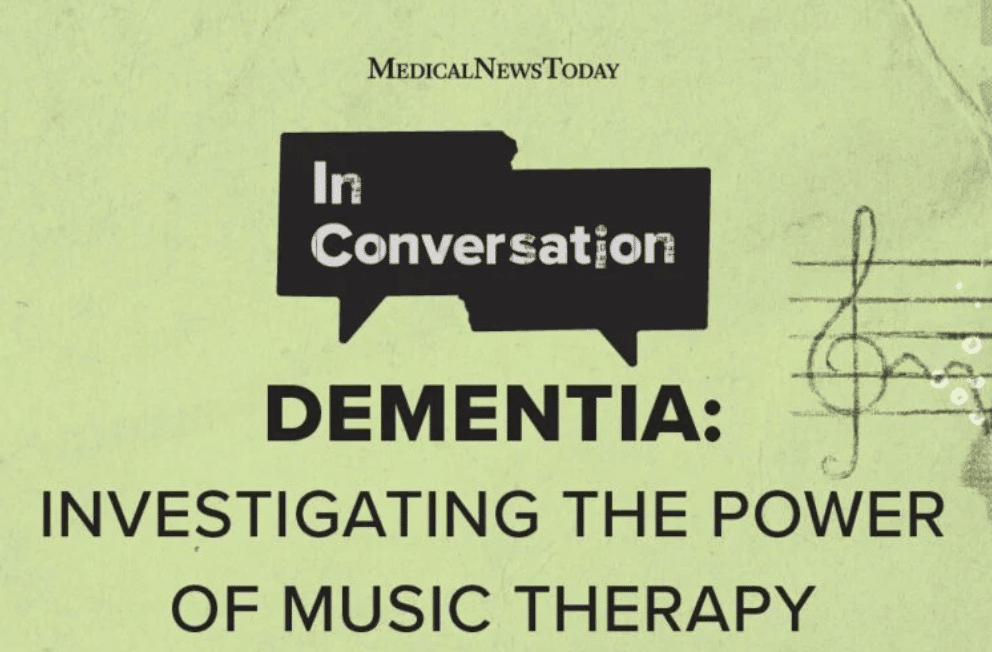If 2017 was the “year of the fitness gadget,” then 2018 is shaping up to be the “year of the basics,” according to health experts who are monitoring trends.
Americans seem to have gotten their fill of fitness gadgets, activity trackers and apps and are instead returning to real-world workouts that have proven to be effective at helping them reach their fitness goals year after year, NPR reports.
Not only that, experts note, more people are liable to work out with others this year rather than go it solo.
The latest annual survey of fitness pros found that this year more Americans will ditch the gadgets and apps and instead return to the basics in terms of how we exercise. That will include more resistance training, yoga, and jump-ropes, with less use of earbuds and iWatches.
In the most recent survey, the American College of Sports Medicine queried more than 4,000 workout and fitness professionals around the world to find out what they were seeing beyond all the marketing hype to distinguish trends from fads.
“Among the top findings: Many of us prefer quick fitness routines, perhaps because we’re busier than ever,” NPR reported. “For the second year in a row, the survey’s results show high-intensity interval training tops the list of fitness trends, according to Walter R. Thompson, a research physiologist at Georgia State University and president of the ACSM.”
Most of the time high-intensity routines are simple, says Thompson, and are comprised of short bursts of high-intensity exercises like sprinting or jumping rope. Those are followed by short periods of rest and may take as little as 30 minutes to complete.
Other high-intensity routines involve flipping tiers pushing a weighted sled at a slight run, and hitting a tire with a sledgehammer repeatedly. Some people superset these types of exercises for their high-intensity workouts; that is, they will perform one set each of these exercises as rapidly as possible, then take 1-2 minutes to recover before repeating the set.
What’s best about the high-intensity basics is that “it works,” said Dr. Robert Sallis, a family and sports medicine doctor with Kaiser Permanente Medical Center in Fontana, Calif.
Quick, high-intensity routines aim to stress the body in all the areas affected by the workouts — the muscles themselves, along with the heart, lungs, and metabolic system. They “all are pushed to the limit,” he told NPR. (Related: See J. D. Heyes’ FREE e-book, “Fit to Fight: A Prepper’s Guide to Extreme Fitness for All Ages.”)
These kinds of exercises not only put you in tip-top shape, but the conditioning helps your body function so much more efficiently. What’s more, experts note you’ll get into shape much faster than traditional workouts that are far less intensive and taxing on your systems.
Sallis even pointed to studies that show just five to 10 minutes of high-intensity exercise can give you the same exact results as 45 minutes’ worth of moderate exercise — not bad for those seeking better conditioning and who also don’t have a lot of extra time to spend in the gym.
“As we get older, our muscles are not as elastic and pliable and we may not be able to tolerate these intense workouts,” said Sallis. That’s why it’s “important to go into them gradually — maybe once a week and work up to perhaps three times a week.”
Another fitness trend the experts are seeing for 2018: Group exercise classes that involve minimal equipment. “Commercial clubs are moving away from the shiny new bells and whistles into more basic kinds of programs,” said the ACSM’s Thompson.
If there is equipment, Amy Dixon, director of group fitness programming for Equinox Fitness Clubs told NPR, it’s going to be minimal: Think jump ropes, light weights, body bars and kettlebells
How many pounds have you lost this month? At Dieta Efectiva you can lose 10-12 lbs your first week and 2 – 5 lbs every week after. Visit us dietaefectiva.net to learn more about our program.
NN :BG







